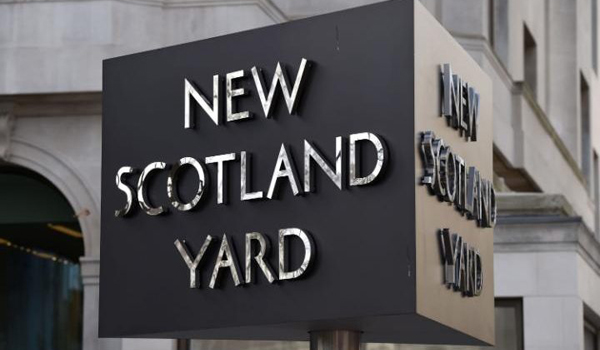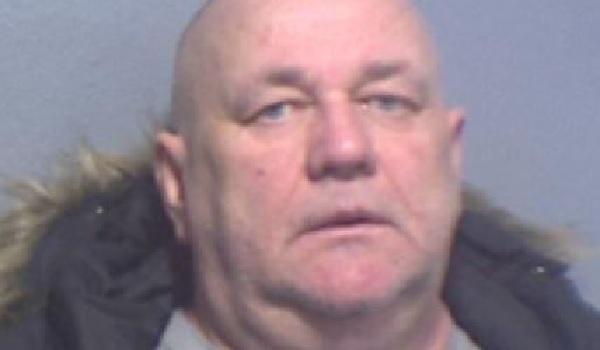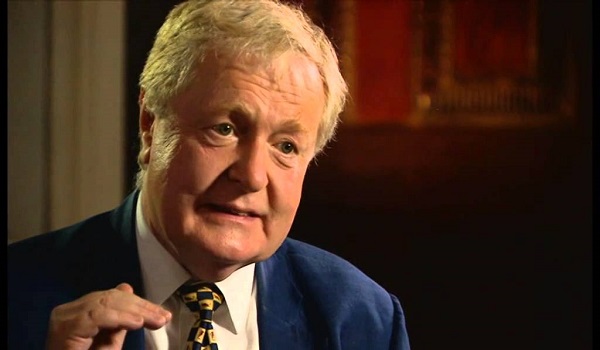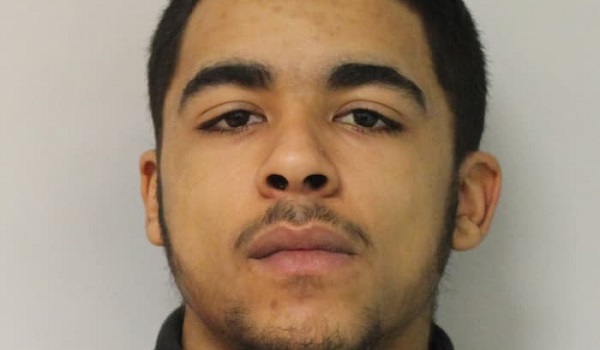Supreme Court defeat creates legal 'responsibility and liability' for police investigations
Policing faces a “balancing” act on how it resources and prioritises future investigations in the wake of a landmark ruling on investigations into John Worboys.
Two victims of the ‘black cab rapist’ won their claim for compensation from the Metropolitan Police Service (MPS) after the Supreme Court ruled that the force had failed to carry out an effective investigation into the serial sex attacker.
And forces across England and Wales were today left to reflect on the major implications the judgment has set for victims of serious crimes.
The MPS argues the case will open the floodgates for claims, although both the High Court and Court of Appeal believe similar legal actions would only be triggered when investigations had failed victims of major crimes, restricting the number of future claims.
Lawyers for the force said that imposing a duty of care on officers in relation to their investigations would have an adverse impact on operational effectiveness.
The case was pursued to establish legal principles for the future and the women – only identified as DSD and NBV – who were never at risk of paying the legal costs of the case.
Speaking after the ruling, MPS Deputy Commissioner Sir Craig Mackey said he “unreservedly apologises to the victims we failed” and “fully accepts” the decision handed down on Wednesday (February 21).
He said the force was in no doubt that “serious mistakes” had been made in the investigation, adding: “It was only the courage of the victims coming forward, including these two claimants, that enabled us to finally convict Worboys.”
The MPS had only appealed because “police forces needed absolute clarity on the boundaries of police responsibility and liability for their investigations”. It was not based on “factual differences between us and the victims, but on the appropriate interpretation of European human rights law”, said Sir Craig.
He added: “The MPS agreed from the outset of the proceedings to pay the legal costs of the claimants whatever the outcome of the appeal – it was important that the issues could be examined through the courts without any financial risk to the claimants.
“Victims of serious crimes deserve the best and most professional of investigations.
“It is the responsibility of police to prevent crime and when that fails, to bring criminals to justice. That is the expectation of everyone involved in policing.”
Sir Craig reflected: “The MPS and other forces will now consider the full implications of the judgment and what it means for investigations in the future.
“There is no doubt that it will have implications for how we resource and prioritise our investigations.
“We will have to consider how we balance our resources against the need to effectively investigate certain crimes.
“We may need to consider moving extra resources into an Article 3 investigation from other areas, such as fraud. That is the sort of question policing will have to consider as we look at our approach going forward following today’s judgment.”
The National Police Chiefs’ Council (NPCC) said it would consider the “full implications” of the judgement, adding that the court findings are “important in clarifying responsibility and liability for police investigations”.
An NPCC spokesperson added: “Police strive to prevent crime and investigate it thoroughly when it happens.
“Where investigative standards fall short, we are rightly subject to scrutiny and accountability with those who have been let down able to seek redress.
The Supreme Court’s five justices “unanimously” ruled in the women’s favour and now sets a significant precedent for police liability in future cases by allowing victims to argue that they have been subjected to inhuman or degrading treatment under Article 3 of the European Convention on Human Rights.
The claim was brought by two of Worboys’ earliest victims, who reported their attacks to the police in 2003 and 2007. Due to what the court said were significant errors, officers failed to charge the?London?black-cab driver at that stage.
A review of sexual assault cases in 2008 finally identified Worboys’ pattern of drugging and assaulting female passengers. After his conviction, the MPS said it believed as many as 100 women may have been attacked.
The victims are also bringing a separate judicial review of January’s Parole Board decision to release Worboys. That hearing will be heard in the High Court on March 13.
Delivering the court’s ruling, Lord Kerr said that there was disagreement among them as to whether liability under the Human Rights Act arose only where there had been systemic failures or whether deficiencies in the actual investigation would be enough to make the police liable.
“By a majority, we have held that failures in the investigation of the crimes, provided they are sufficiently serious, will give rise to liability on the part of the police.
“There were such serious deficiencies in this case. There were, of course, both systemic and investigatory failures in the case.
“But, the important point to make is that, if the investigation is seriously defective, even if no systemic failures are present, this will be enough to render the police liable.”
He said previous decisions by the European court of human rights in Strasbourg “establish that the state is obliged under Article 3 to conduct an effective investigation into crimes which involve serious violence to persons, whether they have been carried out by state agents or individual criminals.
“… In order that the protective right should be practical and effective, an individual who has suffered ill-treatment contrary to Article 3 has a right to claim compensation against the state where there has been a failure by state authorities to conduct a sufficient investigation into the crime.”
However, Lord Kerr qualified that right by pointing out that “simple errors or isolated omissions will not give rise to a violation of Article 3 … only conspicuous or substantial errors in investigation would qualify”.?
He added: “The prospect of every complainant of burglary, car theft or fraud becoming the subject of an action under the Human Rights Act has been raised. I do not believe that this is a serious possibility.”?
In 2014, DSD and NBV were awarded £22,250 and £19,000 respectively after the High Court ruled that the force was liable to them for failures in its investigation.
The MPS – with the backing of Theresa May when she was Home Secretary – challenged the decision and went to the Supreme Court after the Court of Appeal upheld the ruling.
The Supreme Court has taken almost a year to publish its judgment having heard the case last March.
Before the latest decision, the force had stated it was appealing to establish legal principles for the future and the women, who showed “considerable bravery”, and will keep their damages whatever happens.
Representing the MPS, Lord Pannick QC said the imposition of an investigative duty raised policy concerns and asked the Supreme Court to allow the appeal so that a “dialogue” could take place with the European Court of Human Rights in Strasbourg.
He said there was a concern that any such duty “will reduce the efficacy of police investigations of crime”.
Article 3 did not give rise to an entitlement to damages for failings of a police investigation into criminal offending by a member of the public, he argued.
Insofar as it did impose an obligation, that was confined to a requirement to put in place the necessary legal structures, but did not extend to the operational content of an individual inquiry into a particular alleged crime.
Earlier this month, DSD and NBV welcomed a ruling which gave them and London Mayor Sadiq Khan the go-ahead to separately challenge what they describe as the Parole Board’s “irrational” decision to release Worboys.
Worboys, 60, will remain in prison pending a full High Court hearing into that decision on March 13.
Between 2002 and 2008, Worboys, who was jailed for life in 2009, carried out more than 100 rapes and sexual assaults using alcohol and drugs to stupefy his victims.
One of the victims, DSD, who was at court to hear the judgment, said: “It has been an emotional day. Fifteen years.”
Referring to the MPS, she added: “Had you done your job properly, there wouldn’t be 105 victims, there would be one. I can take the one. I can’t take the 105.”
Her lawyer Harriet Wistrich said: “It’s a very, very important judgment – very important for vindicating the rights of my two clients but also for the other victims of Worboys.”







